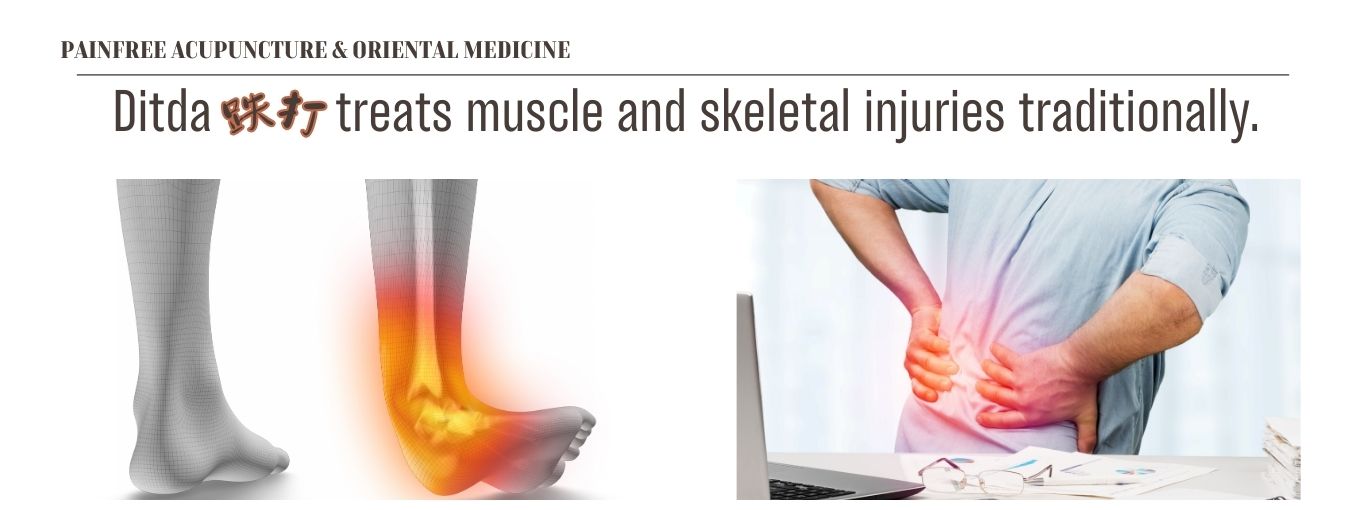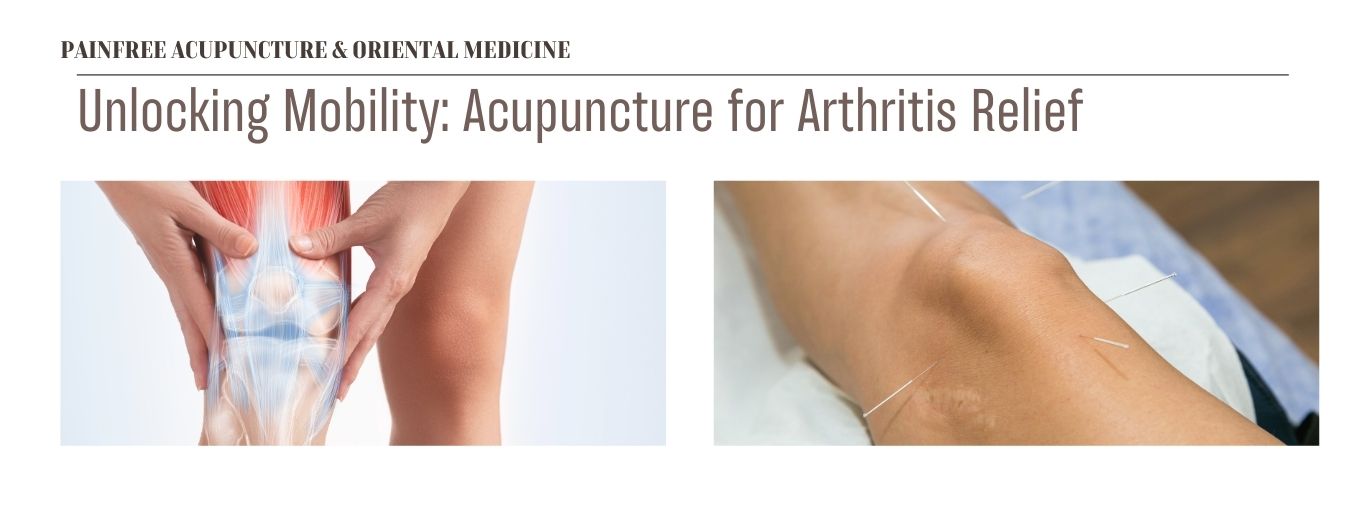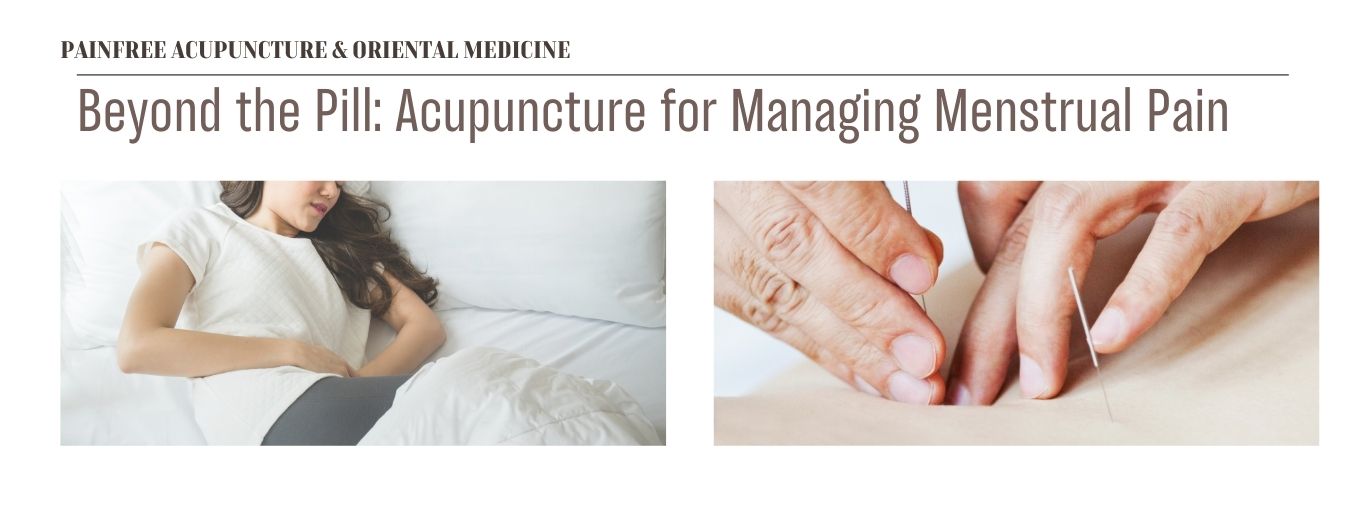Treating Insomnia with Traditional Chinese Medicine and Acupuncture
According to Chinese medicine, insomnia is a manifestation of an underlying energy imbalance, which can be treated by identifying the root cause and using various techniques such as acupuncture, herbal remedies, and dietary therapy.

Insomnia is a common sleep disorder that affects millions of people worldwide. Traditional Chinese Medicine (TCM) and acupuncture are often used as alternative treatments for insomnia. In this article, we will explore how TCM and acupuncture can help treat insomnia and improve overall sleep quality.
Understanding Insomnia in TCM
According to TCM, insomnia is caused by an imbalance of energy in the body. This energy imbalance can be due to a number of factors, including stress, anxiety, poor diet, and lack of exercise. TCM views insomnia as a manifestation of an underlying imbalance, rather than a disease in and of itself. Therefore, treatment involves identifying the root cause of the imbalance and addressing it through various TCM techniques.
TCM Treatments for Insomnia
TCM treatments for insomnia include acupuncture, herbal medicine, and dietary therapy.
Acupuncture
Acupuncture is a TCM technique that involves the insertion of thin needles into specific points on the body. These points are believed to correspond to specific organs and functions in the body. Acupuncture is used to balance the body’s energy and promote relaxation. When used for insomnia, acupuncture is often focused on points related to the heart and liver, which are believed to be involved in sleep regulation.
Herbal Medicine
TCM uses a variety of herbal formulas to treat insomnia. These formulas are often personalized to the individual’s specific symptoms and energy imbalances. Common herbs used for insomnia include valerian root, chamomile, and passionflower.
Dietary Therapy
TCM also uses dietary therapy to address insomnia. This involves identifying foods that may be exacerbating the energy imbalance and recommending foods that can help restore balance. For example, a diet high in caffeine and sugar may be contributing to insomnia, while a diet high in whole grains and vegetables may help promote better sleep.
Acupuncture Treatments for Insomnia
Acupuncture is a popular treatment for insomnia in TCM. The goal of acupuncture is to balance the body’s energy and promote relaxation. When used for insomnia, acupuncture is often focused on specific points related to the heart and liver.
Heart Points
The heart is believed to play a key role in sleep regulation in TCM. Acupuncture points related to the heart include:
HT7: This point is located on the wrist and is believed to calm the mind and promote relaxation. PC6: This point is also located on the wrist and is believed to help regulate the heart and calm the mind. Liver Points The liver is another important organ in TCM that is believed to be involved in sleep regulation. Acupuncture points related to the liver include:
LR3: This point is located on the top of the foot and is believed to promote relaxation and improve sleep quality. GB20: This point is located at the base of the skull and is believed to help relieve stress and tension in the body.
Conclusion
Insomnia is a complex sleep disorder that can be treated with a variety of TCM techniques, including acupuncture, herbal medicine, and dietary therapy. Acupuncture is a popular treatment for insomnia in TCM, and specific points related to the heart and liver are often targeted. By addressing the underlying energy imbalances in the body, TCM can help promote better sleep and improve overall health and well-being.











Comments
Nothing yet.